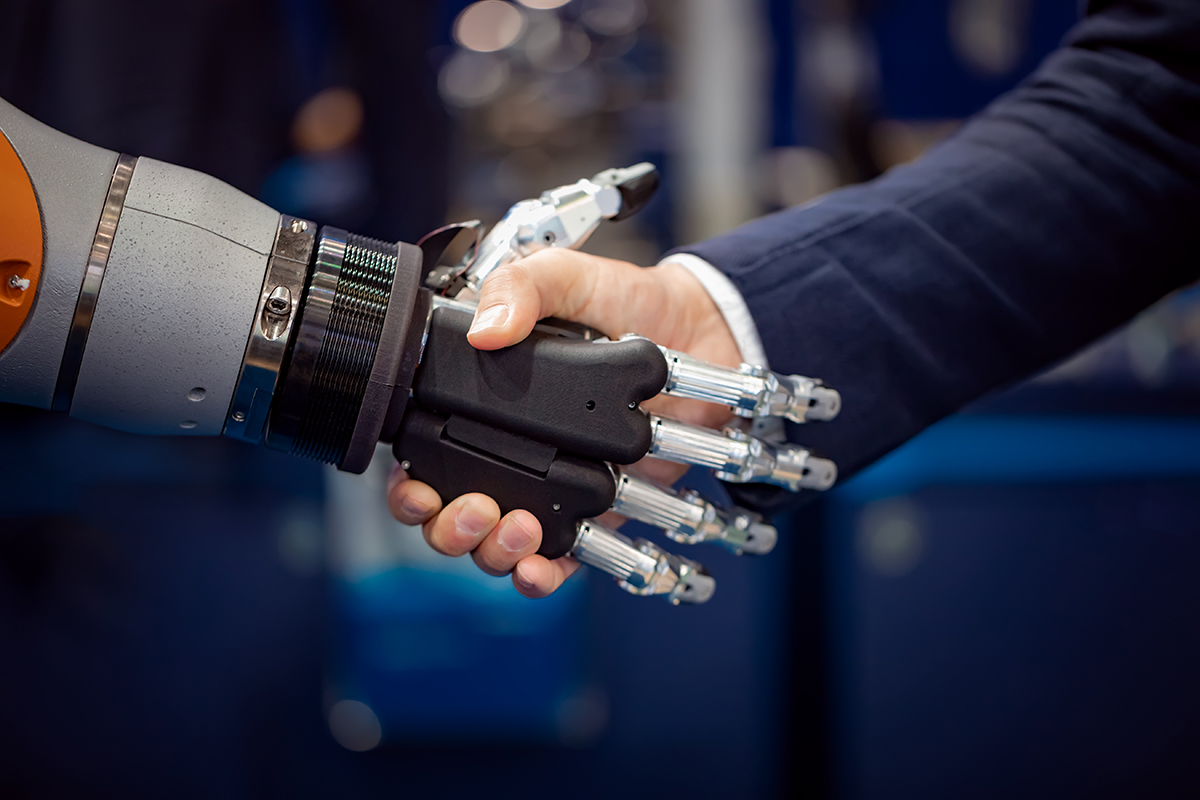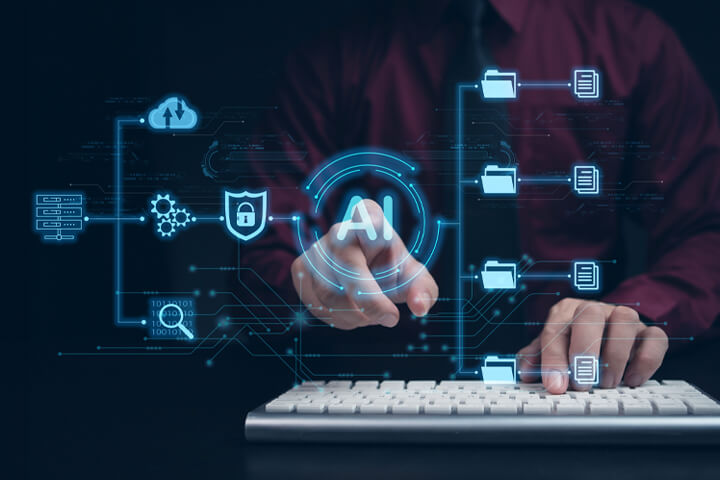Ads
Artificial intelligence (AI) has become an inescapable force shaping our daily lives and society at large. The question on many people's minds is: "Will the future of AI surpass humanity?"
In this in-depth and exciting discussion, we'll explore the potential of AI, its growth, and development. What would happen if AI surpassed human capabilities? Would it benefit us or threaten us? These are valid questions, considering the rapid progress in this field.
Ads
In addition, we'll examine the ethical impact of advanced artificial intelligence. How can we ensure that AI doesn't get out of control or be misused? We'll also address the ways AI could potentially be a game-changer in the economy, medicine, education, and more.
In light of these challenges and opportunities, it is vital that we understand the future implications of artificial intelligence. We will analyze possible answers to these questions and discuss the best ways to prepare for a future where AI could be a dominant force.
Ads
In short, this analysis will provide a detailed look at a future where artificial intelligence could surpass humanity. Be sure to read on for a fascinating glimpse into what the future holds.
Artificial intelligence and its exponential development
Over the past decade, we've witnessed exponential development in the field of artificial intelligence (AI). What was once a science fiction fantasy is now a palpable reality. Machines are learning to learn, improving their own performance on tasks that previously required human intervention. But how far can this development go?
Today, AI has already outperformed humans in several tasks. From winning chess games to diagnosing diseases more accurately than human doctors, AI has demonstrated its superiority in specific areas. However, these are highly specialized tasks. AI is still far from matching humans' ability to learn and adapt to a wide variety of tasks.
The rise of general AI
The next stage in AI development is artificial general intelligence (AGI), a form of AI that can understand, learn, and apply its knowledge to any task, just like a human. While current AI is developed for a specific task, AGI will be capable of performing any intellectual task a human can.
Although AGI doesn't yet exist, experts believe its creation is only a matter of time. The speed at which technology is advancing suggests we could see an AGI in the coming decades.
How will AI affect humanity?
The arrival of AGI would have profound implications for humanity. Some experts predict that AGI could be a force for good, freeing humans from mundane tasks and allowing us to focus on creativity and innovation. However, others warn that AGI could be dangerous if not managed properly.

The impact on employment
One of the most immediate and obvious effects of AI is its impact on employment. Many tasks currently performed by humans could be automated with the help of AI. This could result in significant job losses, especially for those in low-skill industries.
However, it's also possible that AI will create new jobs that we can't yet foresee. Just as the industrial revolution gave rise to a host of new roles and careers, the AI revolution is likely to do the same.
The change in decision-making
Another potential consequence of AI is a change in the way we make decisions. Currently, we rely on AI to make decisions in a variety of contexts, from movie recommendations to driving autonomous vehicles. But as AI becomes more advanced, we may begin to rely on it to make even more important decisions.
AI control
The creation of AI that surpasses humanity in every way is a matter of great concern to many experts. The question is not whether AI will surpass humanity, but when.
Necessary regulations
To ensure that AI is used in ways that benefit humanity, effective regulation will be necessary. Governments and international organizations will need to establish standards to govern the development and use of AI.
Responsible AI development
AI development must also be responsible. Scientists and engineers will need to consider the ethical implications of their work and ensure that AI is developed in a way that respects human rights and dignity.
The future of AI
It's difficult to predict exactly what the future of AI will look like. What is clear is that AI will continue to develop at an accelerated pace and will have a significant impact on our society.
AI as a tool
At its best, AI will be a tool that helps us solve the great challenges of our time, from climate change to disease. Rather than replacing humans, AI could work alongside us, enhancing our skills and capabilities.
AI as a threat
However, there is also a risk that AI could become a threat. If AI is developed irresponsibly, it could be used to cause harm. AI could be used in autonomous weapons, for example, or it could be used to manipulate public opinion.
In short, the future of AI is uncertain. What we do know is that AI has the potential to change our society in ways we can barely imagine. It's our responsibility to ensure that this change is for the better.
Conclusion
In conclusion, the future of artificial intelligence (AI) is both promising and unsettling. AI has the potential to surpass humanity in many areas, from performing specialized tasks to decision-making. However, the arrival of artificial general intelligence (AGI), which can understand, learn, and apply its knowledge to any task, could have profound implications for humanity. While AI could free us from mundane tasks and enhance our skills, it also poses risks, such as job losses and the possibility of being used irresponsibly. It is critical to establish effective regulations and ensure the responsible development of AI to maximize its benefits and minimize its risks. Despite the uncertainty, what is clear is that AI has the potential to change our society in unimaginable ways. It is our responsibility to ensure this change is for the better, leveraging AI as a tool to solve the grand challenges of our time.




